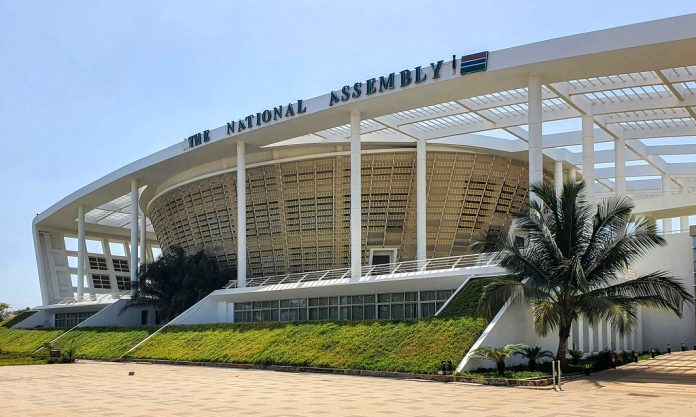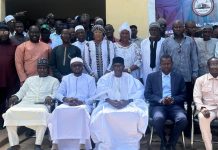By Kebba AF Touray
The National Assembly of The Gambia on Thursday, 3rd July 2025, unanimously adopted a comprehensive report from the Environment Committee aimed at tackling the persistent and growing challenge of transhumance — the seasonal movement of livestock and herders — across the country’s borders.
The report, tabled by Hon. Omar Darboe, Upper Niumi, a co-chair of the Environment Committee, highlights how the traditionally accepted practice of transhumance has evolved into a pressing national concern, triggering environmental degradation, intensifying land-use conflicts, and facilitating the unchecked movement of foreign pastoralists, especially along the northern border with Senegal.
“Both forests and grasslands in Gambia are increasingly under pressure from transhumance-related activities, such as cutting tree branches, uncontrolled use of water, farmland encroachment, and damage to planted seedlings,” Hon. Darboe said as he laid the report before the assembly.
He cited alarming accounts of thousands of livestock being moved across borders, with devastating consequences for the local environment and communities. In particular, he warned about the overgrazing of pastures and the destruction of young saplings and seedlings, crucial to forest regrowth and climate restoration efforts.
Darboe emphasised that transhumance, once a vital lifeline for food security and cross-border trade, is now being abused due to unregulated movement and socio-economic pressures. He noted that climate change, erratic rainfall, and dwindling access to water and grazing land in northern Senegal are among the root causes driving herders into Gambian territory in search of better conditions.
“There are no formal agreements on migratory routes between The Gambia and Senegal,” Darboe said, adding that although discussions were held with the previous Senegalese government, concrete frameworks are still lacking.
He also cited a recent study by scientists Lalisa Daguma and Peter Minang of the Centre for International Forestry Research and World Agroforestry, which warned that transhumance is introducing invasive species into Gambian ecosystems. These invasive weeds, often spread through animal fur or faeces, replace valuable forage species, further threatening biodiversity and agricultural sustainability.
In terms of socio-economic impact, Darboe noted that transhumance is increasingly associated with livestock disease transmission, competition over scarce resources, and even animal rustling and illegal tree cutting, often done at night to evade detection.
The report laid out strong policy recommendations. Among them is a call for the Ministries of Environment and Agriculture to jointly formulate a National Transhumance Policy and to review and update all relevant laws governing the movement of livestock and land use.
In addition, the committee urged the Ministry of Interior, through the Gambia Police Force and the Department of Immigration, to deploy joint patrol teams at critical entry points to regulate and monitor the movement of herders and livestock.
To further protect the country’s forests and farmlands, the report also recommended enforcement of strict penalties for bushfires, illegal tree felling, and other environmentally destructive acts under the existing forestry and environmental legislation.
The report emphasised that transhumant activities have become especially pronounced over the last three years, with a noticeable spike in farmer-herder disputes and environmental strain.
Parliamentarians endorsed the recommendations, expressing strong support for a coordinated national response. “This is not just an environmental concern, but a matter of national security, food production, and the future of our rural economy,” one lawmaker said during the debate.



















